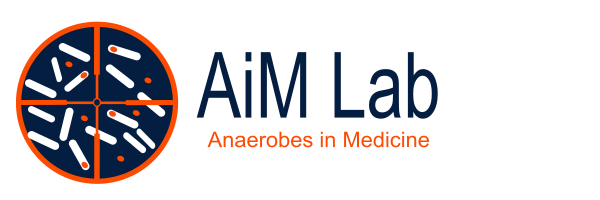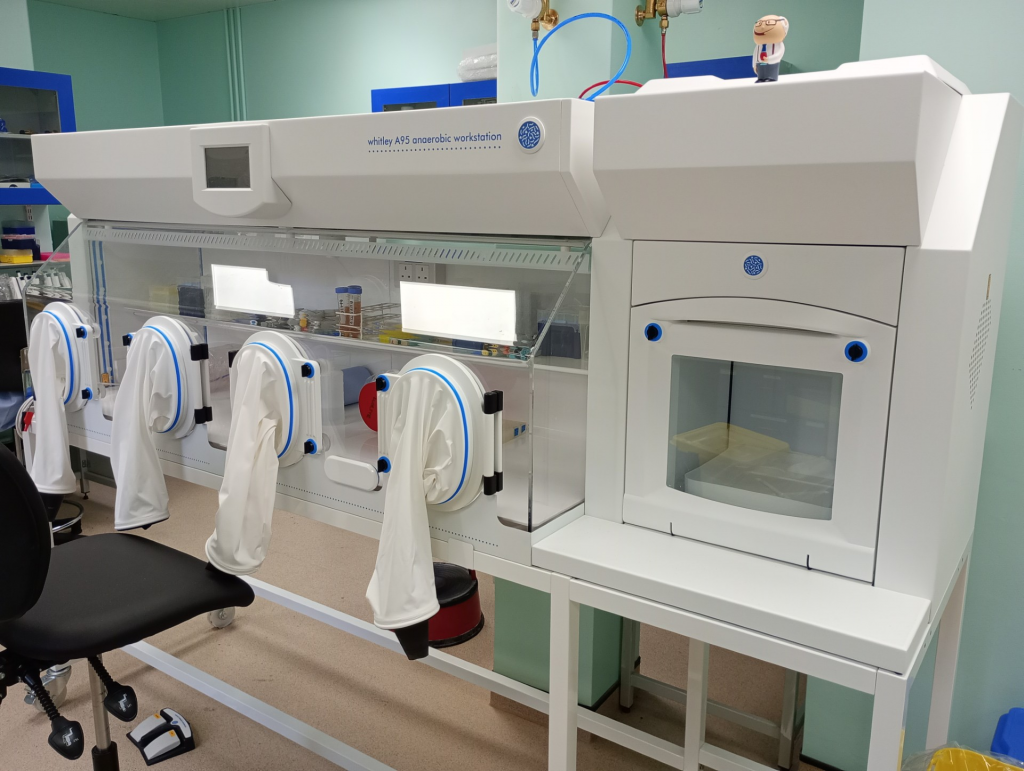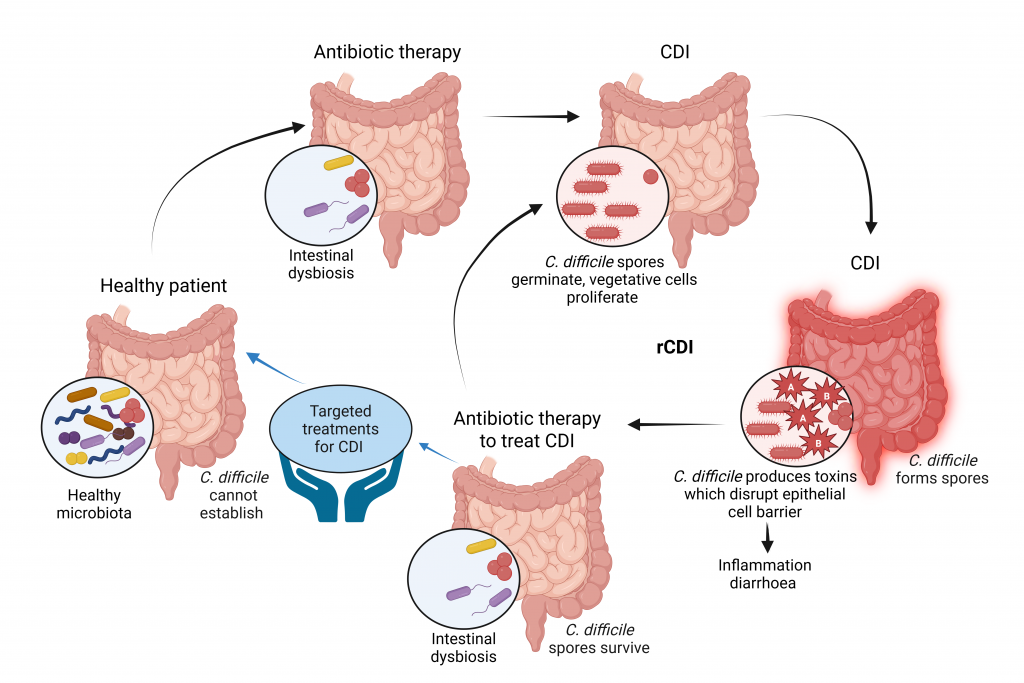
Dr Terry Bilverstone
Lecturer In Biomedical Sciences (Clinical Microbiology)
School of Life, Health & Chemical Sciences
Biography
Terry Bilverstone is a Lecturer in Biomedical Sciences (Clinical Microbiology) at the School of Life, Health and Chemical Sciences. He was awarded his PhD on the virulence of Clostridioides difficile, in 2019 from the University of Nottingham, UK. His research focuses on the application of synthetic biology techniques, to genetically engineer anaerobic bacteria. Terry spent nine years at The Synthetic Biology Research Centre, University of Nottingham, working on clostridial pathogens, before joining The Open University in October 2023.
Anaerobes in Medicine (AiM Lab)

Terry is the principal investigator of the Anaerobes in Medicine (AiM Lab) which is equipped with a class-leading A95 Anaerobic Workstation (Don Whitley Scientific). This equipment facilitates the manipulation of microorganisms under strictly controlled anaerobic conditions (Figure 1).

Figure 1: A95 Anaerobic Workstation in the AiM Lab.
At the AiM Lab, we develop alternative antimicrobial agents for combatting C. difficile infection (CDI) which is recalcitrant to antibiotic therapy. Indeed, antibiotic exposure is the predisposing risk factor for contracting CDI which is a consequence of dysbiosis of the gut microbiota. Antibiotic therapy for CDI is associated with high rates of treatment failure and recurrent infection (rCDI).
We research the function and genetic regulation of clostridial toxins, in order to direct the development of anti-virulence agents thereto. We also conduct research into the genetic engineering of bacteriophages (phages), to enhance their potential as therapeutic agents for treating C. difficile infection. These examples of targeted agents are selective for C. difficile and have minimal impact on the gut microbiota. Consequently, these experimental treatments have the potential to reduce the rate of recurrent infection, which would ultimately improve patient outcomes.
The relationship between antibiotics and CDI is outlined in the Figure 2.

Figure 2: Role of antibiotics in CDI and rCDI. Figure made using Biorender.com with an active premium subscription.
In 2025, we began research endeavours, seeking to deploy clostridia as therapeutics for the treatment of advanced cancers.
Research interests
The AiM Lab have several ongoing research themes:
1) Understanding C. difficile toxin biology and inhibiting toxin activity.
2) Developing genetically enhanced bacteriophage therapies to treat C. difficile infection.
3) Developing clostridial chasses as therapeutics for advanced cancers.
Research Studentship Opportunities
I am a registered prospective supervisor for the BBSRC/NERC ILESLA Doctoral Landscape Award.
My work aligns with the core ILESLA research themes:
1 - Animal and Human Health - Clostridial pathogens of humans and animals (C. difficile, C. perfringens) and novel therapeutics theretoward.
2 - Rules of Life - Microbiology of anaerobic pathogens and their bacteriophages.
3 - Transformative technologies - Synthetic biology and Engineering biology.
Please contact me to discuss potential projects.
External roles
2025-2026 - Terry is serving as Chair of the organising committee for the Letters in Applied Microbiology ECS Research Symposium taking place in June 2026.
2023-2025 - Terry served as a Junior Editor for Letters in Applied Microbiology - a flagship journal of Applied Microbiology International.
Teaching interests
Clinical microbiology
Molecular microbiology
Infection biology
Antimicrobial resistance
OU Modules
S290 Investigating human health and disease (module presentation 23J, 24J, 25J).
S291 Clinical laboratory diagnostics (module production and presentation 25J).
S370 Health and disease: a biomedical approach (module production).
Publications
Journal Article
Deletion of rgaS reduces virulence in a mouse model of Clostridioides difficile infection (2025)
The glucosyltransferase activity of C. difficile Toxin B is required for disease pathogenesis (2020)
Phosphorylation and functionality of CdtR in Clostridium difficile (2019)
Presentation / Conference Contribution
Phosphorylation and functionality of CdtR in Clostridium difficile (2018)
CdtR (only) the regulator of binary toxin in Clostridium difficile (2016)